 |
 |
 |
 |
 |
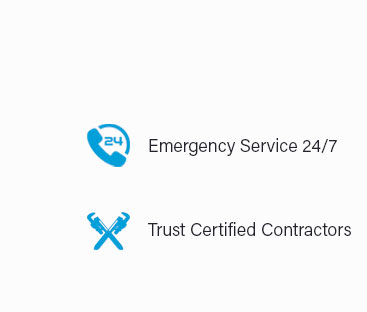 |
 |
 |
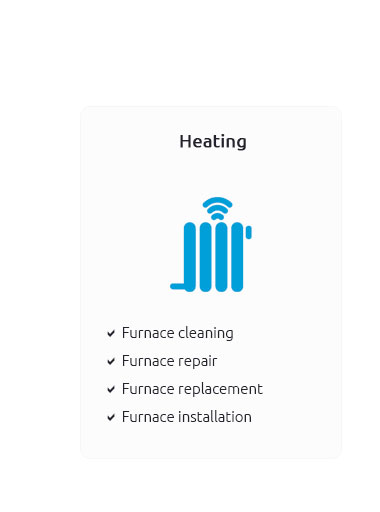 |
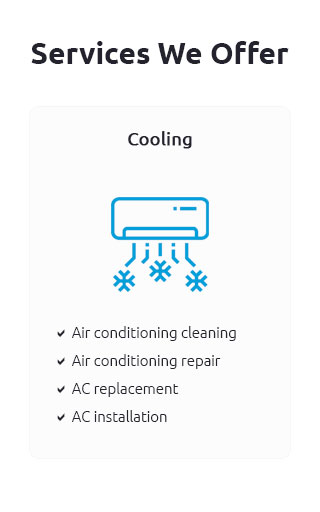 |
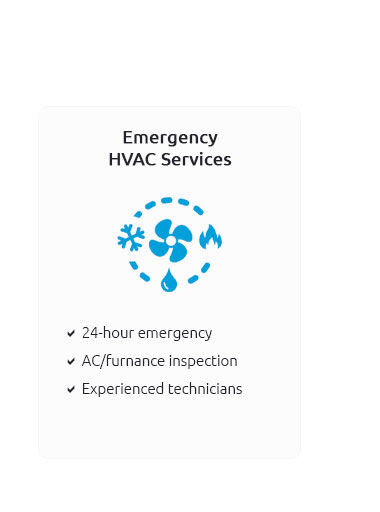 |
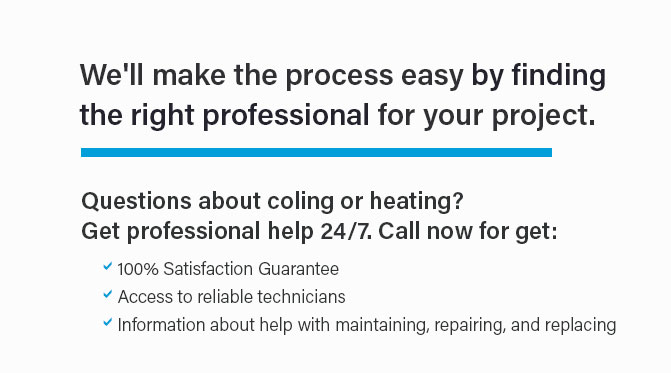 |
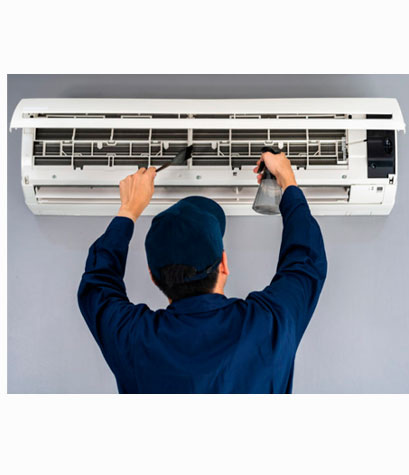 |
 |
 |
 |
|
Discover unparalleled comfort with our HVAC services-where seasoned AC and heating experts meet local excellence, ensuring your home's climate is perfectly tuned year-round; whether it's a sweltering summer day or a chilly winter night, our trusted contractors are just around the corner, ready to deliver top-notch AC unit repair and maintenance with a commitment to precision, efficiency, and your ultimate satisfaction-because when it comes to the air you breathe, second best isn't an option.
https://www.yelp.com/search?find_desc=Air+Conditioning+Repair&find_loc=Austin%2C+TX
Airco was very prompt at responding to my request on a Friday evening and came to fix my ac unit in less than 24 hours. Tony was the tech who helped us and ... https://www.reddit.com/r/Austin/comments/11wqpql/recommendations_for_ac_service/
We always had Grande Air Solutions for all types of AC repair services in Austin. ... In need of AC company recommendations: AC unit too small for ... https://www.abchomeandcommercial.com/austin/hvac-repair
We can find the problem and make all needed repairs. a specialist running diagnostic tests on an air conditioning unit. AC & Heating Maintenance & Tune-Ups.
|